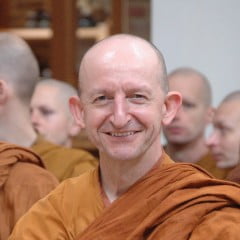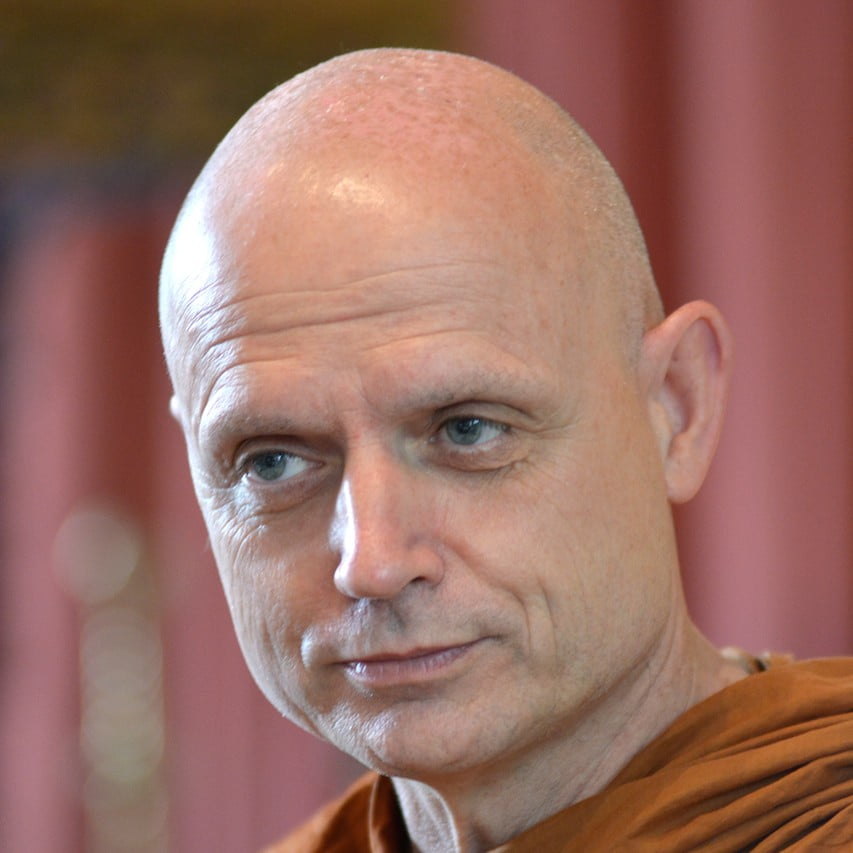The Practice of Mettā by Luang Por Sumedho There is a great lack of mettā in the world today because we have overdeveloped our critical faculties: we constantly analyze and criticize. We dwell on what is wrong with ourselves, with others, with the society we live in. Mettā, however, means not dwelling in aversion, but being kind and patient even to what is bad, evil, foul or terrible. It’s easy to be kind to nice animals like little kittens and puppies. It’s easy to be kind to people we like, such as sweet little children, especially when they are not ours. It’s easy to be kind to old ladies and men... Turpināt
Filtri piemēroti
Rāda tikai rakstus no Ajahn Jayasaro.
As I remember, the majority of the teachings that Ajahn Chah gave were not particularly or startlingly profound. They didn’t consist of things that you’d never heard of before, where you would say, ‘Wow – esoteric Buddhist teachings in the forest! If I hadn’t come here I would never have had the opportunity for this kind of initiation, or this kind of unheard revelation of the Dhamma.’ Instead, it was more that every single word he said struck home. It was as if we were hearing those teachings for the first time, but at the same time it wasn’t new information which needed a whole extensive... Turpināt
One of Luang Por Chah’s most well-known teachings is that of letting go. And one of the key phrases that he used to explain what letting go means, and how it is to be developed, is that we should let go ‘within action’. This immediately reminds us that letting go is not a refraining from action, not passivity, but that the letting go takes place within the action itself. As monks and nuns in this Thai Forest Tradition, we may sometimes find ourselves accused of attachment to the Vinaya, attachment to a discipline. This is a difficult accusation to refute. If someone says you are attached to the Vinaya... Turpināt

